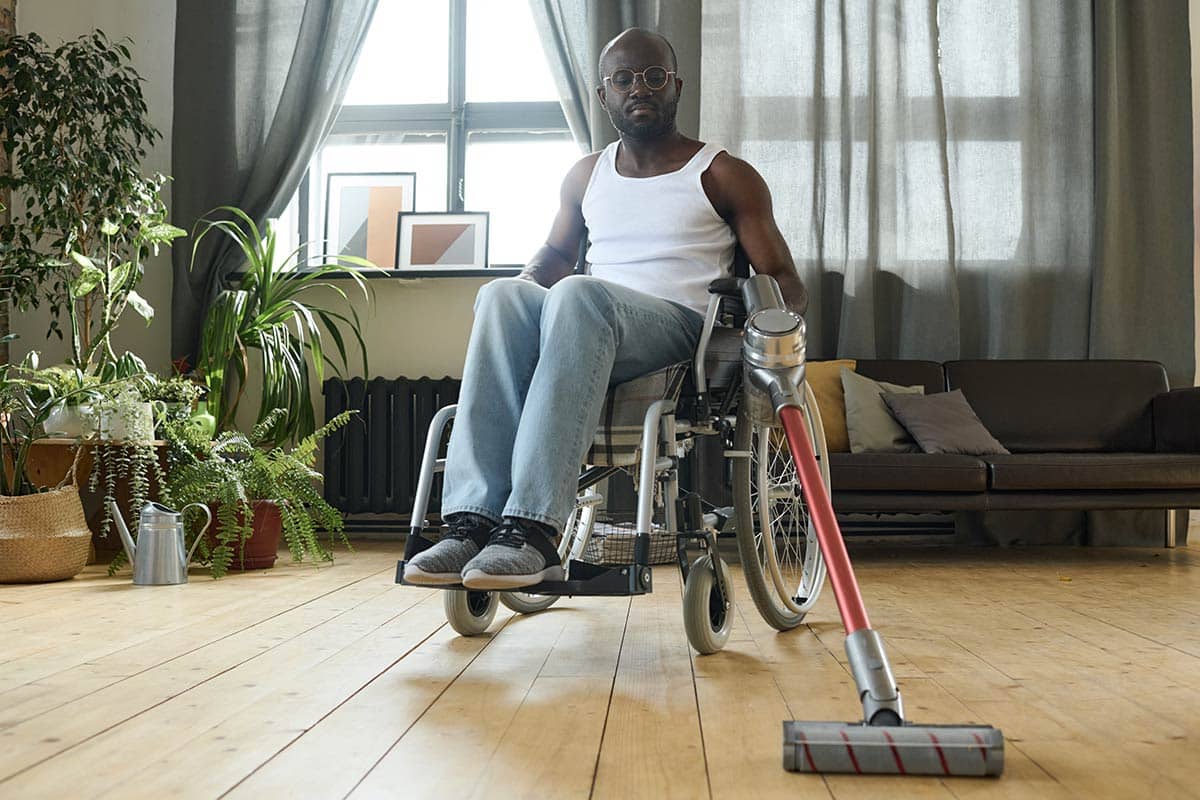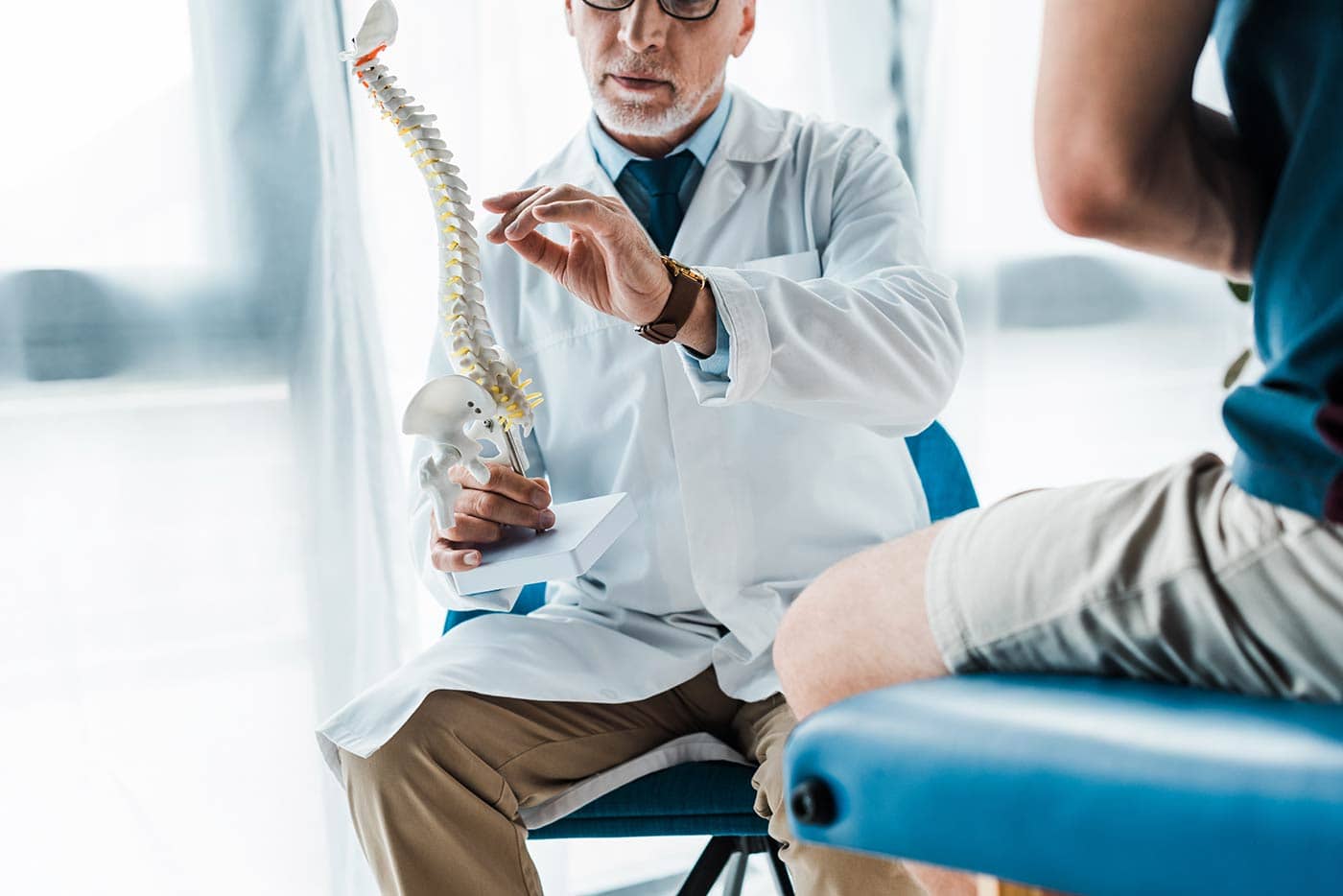Spinal cord injuries (SCIs) are life-altering events that can reshape an individual’s existence in the blink of an eye. One of the often overlooked consequences of these injuries is the emergence of autonomic dysfunction, a complex set of disturbances that affect the automatic functions of the body, such as blood pressure, heart rate, and digestion. In this article, we’ll delve into the intricacies of spinal cord injury and its connection to autonomic dysfunction, exploring the challenges, treatments, and the burning question: Can autonomic dysreflexia be cured?
The Symphony of Autonomic Functions
To understand the relationship between spinal cord injuries and autonomic dysfunction, it’s crucial to appreciate the intricate symphony of autonomic functions orchestrated by our nervous system. The autonomic nervous system (ANS) controls the involuntary activities of our internal organs, ensuring they function harmoniously without conscious effort. However, when the spinal cord, a vital conduit for nerve signals, suffers trauma, this intricate symphony can be disrupted.
Unravelling the Impact of Spinal Cord Injury
When the spinal cord sustains injury, the communication highway between the brain and the rest of the body encounters roadblocks. Depending on the severity and location of the injury, various bodily functions may be compromised. While most people are familiar with the motor deficits associated with SCIs, the autonomic nervous system often bears the brunt of the damage as well.
Autonomic Dysfunction: A Silent Consequence
Autonomic dysfunction is like a silent infiltrator, affecting bodily processes that usually go unnoticed until they malfunction. Individuals with spinal cord injuries may experience disruptions in blood pressure regulation, heart rate variability, and temperature control. The body, once adept at self-regulation, suddenly becomes a battleground of erratic signals and miscommunication.
Autonomic Dysreflexia: A Potentially Life-Threatening Complication
Among the challenges arising from autonomic dysfunction, autonomic dysreflexia stands out as a potentially life-threatening complication. This condition, often observed in individuals with spinal cord injuries above the T6 level, involves an exaggerated response to certain stimuli. Imagine a peaceful orchestra suddenly erupting into dissonance at the slightest provocation.
The Enigma of Autonomic Dysreflexia
Autonomic dysreflexia manifests as a paradoxical response – while the body’s upper regions signal distress, the lower regions remain blissfully unaware. Common triggers include something as seemingly benign as tight clothing or a full bladder. The result is a surge in blood pressure that, if left unaddressed, can lead to severe consequences such as stroke or organ damage.
Can Autonomic Dysreflexia be Cured?
The question echoing in the minds of those grappling with spinal cord injuries and autonomic dysfunction is whether autonomic dysreflexia can be cured. Unfortunately, there is no silver bullet. Autonomic dysfunction, including dysreflexia, is often managed rather than eradicated. A multidisciplinary approach involving medical professionals, physiotherapists, and lifestyle adjustments becomes paramount.
The Role of Medications
In managing autonomic dysreflexia, medications play a pivotal role. Antihypertensive drugs, for instance, can help regulate blood pressure, mitigating the risk of dangerous spikes. However, the key lies not only in pharmacological interventions but also in understanding and addressing the triggers that set off dysreflexia episodes.
Lifestyle Modifications: Navigating the New Normal
Individuals adapting to life post-spinal cord injury often find solace in making lifestyle modifications. From carefully monitoring bladder function to embracing adaptive clothing that minimises sensory triggers, these adjustments become the threads that weave a new normal. It’s about learning the language of the body anew and adapting to its nuances.

Physiotherapy: A Beacon of Hope
Physiotherapy emerges as a beacon of hope for individuals with spinal cord injuries and autonomic dysfunction. Beyond the physical rehabilitation aimed at restoring mobility, physiotherapy addresses the holistic well-being of the individual. Techniques such as biofeedback and cardiovascular training become instrumental in navigating the challenges posed by autonomic dysfunction.
Making a Serious Injury Claim with National Claims
Navigating life after a spinal cord injury is not just a physical challenge; it’s a financial and emotional one as well. At National Claims, we understand the complexities involved in such cases. Our team of experts is dedicated to helping individuals who have suffered spinal cord injuries and subsequent autonomic dysfunction to make serious injury claims. We work closely with our clients, ensuring that they receive the compensation they deserve for medical expenses, rehabilitation, and the ongoing challenges they may face.
Whether it’s a workplace accident, a car crash, or another incident leading to a spinal cord injury, National Claims is committed to providing support and guidance throughout the claims process. Our goal is to alleviate the burden on individuals and their families, allowing them to focus on recovery and rebuilding their lives.
Conclusion
In conclusion, spinal cord injuries and autonomic dysfunction create a tapestry of challenges that require a nuanced understanding and a holistic approach to management. While a cure for autonomic dysreflexia may remain elusive, the journey of resilience and adaptation defines the narrative of those who navigate this uncharted terrain. As we continue to unravel the mysteries of the spinal cord and its intricate connections, the stories of courage and triumph in the face of adversity serve as a testament to the human spirit’s boundless capacity for resilience.
Get a start on your claim with the help of one of our claims specialists today. Contact us now!
Click below to see why we are one of the most trusted claims management companies in the UK.

We’re proud of our excellent customer reviews
We thrive on delivering exceptional service and ensuring our clients’ satisfaction. Don’t just take our word for it. Check out some of our independent reviews to see what our clients have to say.
Excellent

This firm is excellent, they sorted out my car pay out and injury claim very fast, they always communicate with you all the time.

My accident case was dealt with confidence and with great result of the outcome, especially James kept me informed all the time.

I was very impressed at the way my inquiry was treated. I was listened to attentively and everything I needed to know was explained to me.






